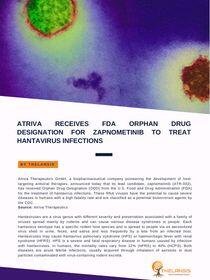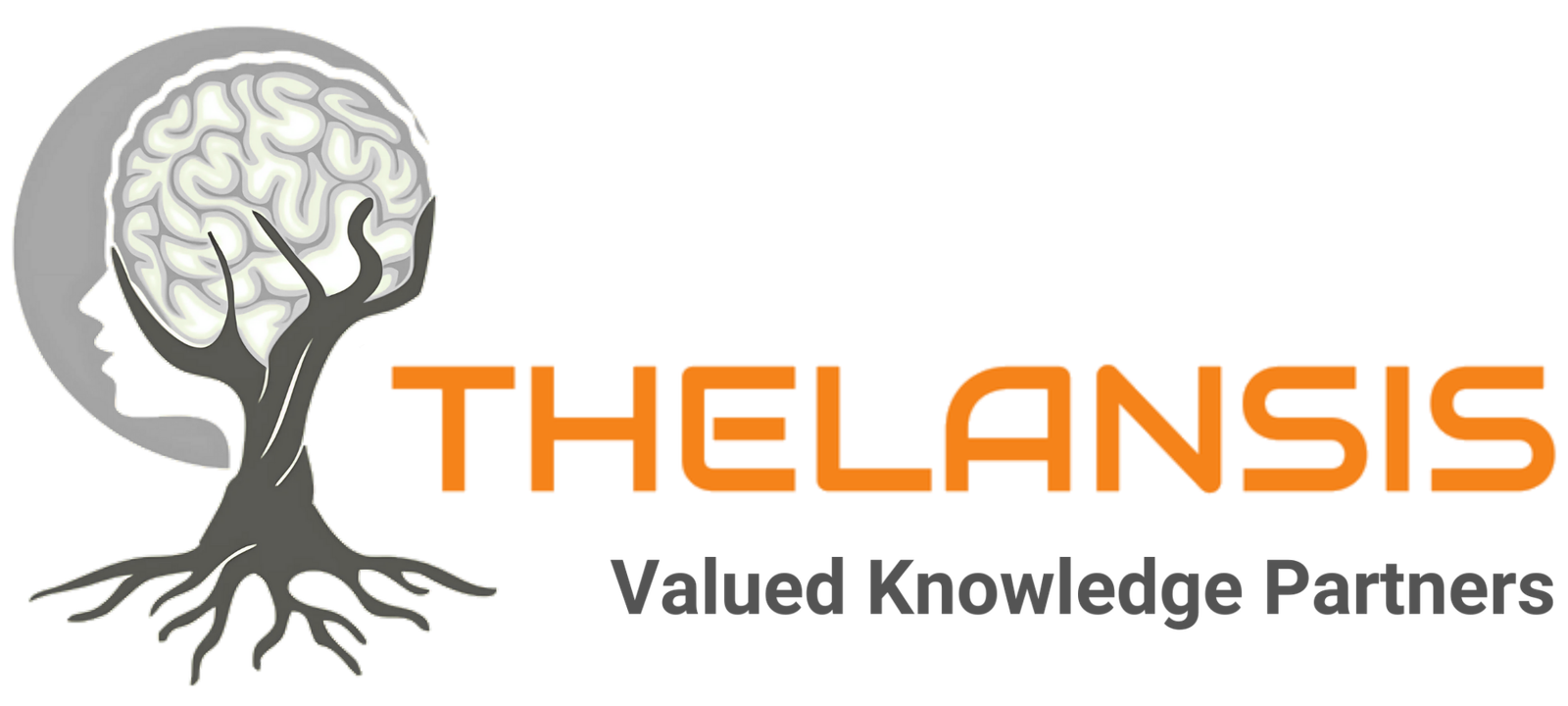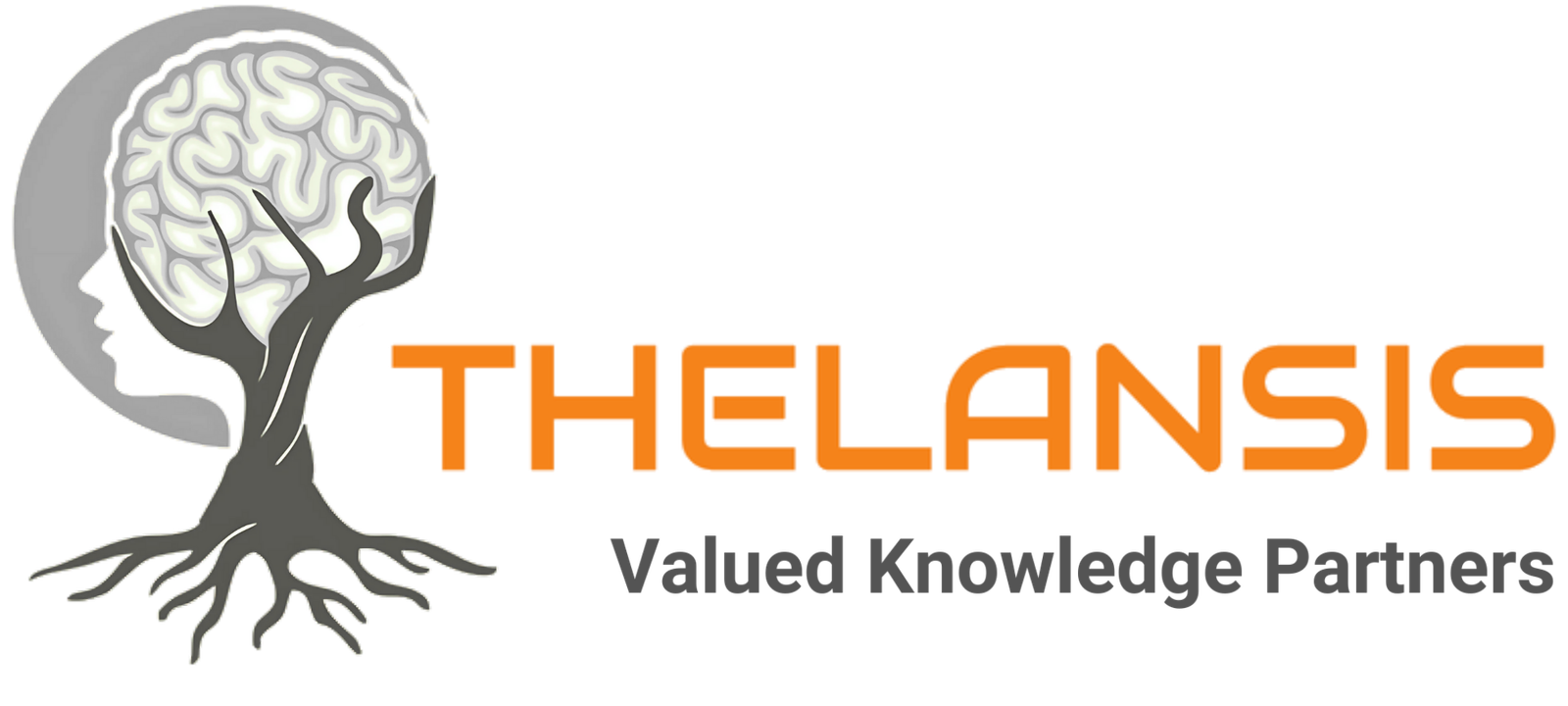
Jul 18 2025
/
Atriva receives FDA Orphan Drug Designation for Zapnometinib to treat Hantavirus Infections
Atriva Therapeutics GmbH, a biopharmaceutical company pioneering the development of host-targeting antiviral therapies, announced today that its lead candidate, zapnometinib (ATR-002), has received Orphan Drug Designation (ODD) from the U.S. Food and Drug Administration (FDA) for the treatment of hantavirus infections. These RNA viruses have the potential to cause severe diseases in humans with a high fatality rate and are classified as a potential bioterrorism agents by the CDC.
Source: Atriva Therapeutics
Hantaviruses are a virus genus with different severity and presentation associated with a family of viruses spread mainly by rodents and can cause various disease syndromes in people. Each hantavirus serotype has a specific rodent host species and is spread to people via an aerosolized virus shed in urine, feces, and saliva and less frequently by a bite from an infected host. Hantaviruses may cause hantavirus pulmonary syndrome (HPS) or haemorrhagic fever with renal syndrome (HFRS). HPS is a severe and fatal respiratory disease in humans caused by infection with hantaviruses. In humans, the mortality rates vary from 12% (HFRS) to 40% (HCPS). Both diseases are acute febrile infections, usually acquired through inhalation of aerosols or dust particles contaminated with virus-containing rodent excreta. HFRS is characterized by renal failure and haemorrhagic manifestations that vary from petechiae to severe internal bleeding. Pneumonia and cardiovascular dysfunction are characteristics of HCPS. Increased permeability of microvascular endothelium seems to be a common effect of hantavirus infection. In the complex pathogenesis of hantavirus infection, it is suggested that not the direct viral cytopathology but immune mechanisms may play an important role.
- The annual incidence of HFRS ranges from 350,000 to 500,000 cases worldwide; most patients are reported from ASIA, Europe, and China.
However, the current Hantavirus Infections treatment market share, market uptake, and attribute analysis concerning the most potential emerging therapies have been provided under the market outlook section of the study covering 8 MM countries; The United States, EU5 (Germany, Spain, France, Italy, U.K.) Japan and China.
In terms of pharmacologic therapies, several pharmaceutical products are being approved and under different phases of development for Hantavirus Infections treatment.
Based on solid domain and business knowledge, Thelansis Knowledge Partners has published the market insight report on Hantavirus Infections to provide a clear understanding of disease area background, epidemiology, current and future competitions, and the country-specific standard care, and the complete market forecast for 2020 to 2030.
Thelansis specializes in pharmaceutical market research and market Insight Report Company, published reports across the therapeutic area, including rare / ultra-rare and mainstream indication. Over the period, we have built a robust repository of 6,000+ Bio-pharma reports that cover Epidemiology studies and Market forecasting based on the KOL opinions.
Competitive intelligence and track of trial results throughout the phases of development executed by a team of a mix of Scientific and Business backgrounds. As an organization, the primary focus is to provide real-world data evidence and market insight to pharmaceutical companies for their decision-making
- Delivery Office:
B-1030, C Wing Vrindavan tech village, Outer ring road
Bangalore- 560037
India+91(124)404-1731
clientsupport@thelansis.com - Sales office:
183 Asylum Street Hartford,
CT-06103, USA
Contact no. +1 (302) 380-3552
m.berg@thelansis.com
Related posts:
- FDA Grants Orphan Drug Designation to HM15211 for Idiopathic pulmonary fibrosis (IPF)
- Praxis Precision Medicines Receives Orphan Designation for SCN8A development and epileptic encephalopathy
- Ellipses Pharma’s EP0042 Granted Orphan Drug Designation by FDA for AML Treatment
- Healx Secures FDA Orphan Drug Designation for AI-Discovered NF1 Treatment – HLX-1502 Unveiled!

